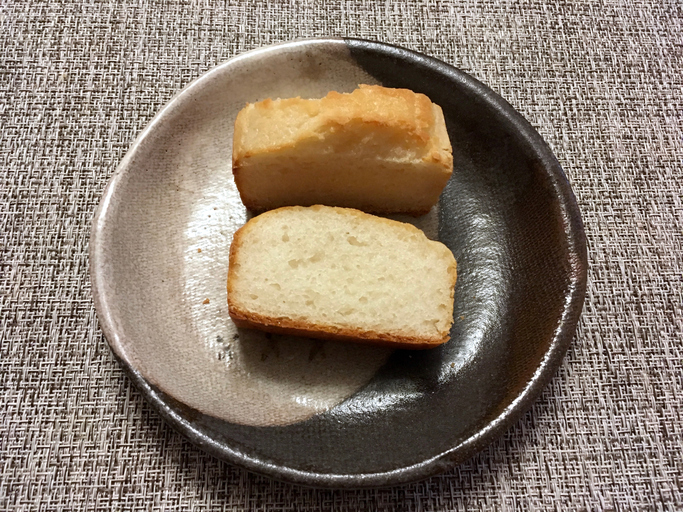
Source: wagnerokasaki / Getty
Many individuals truly need to follow a certain diet due to complications like diabetes, high blood pressure, or food allergies. But, a lot of individuals are just playing the guessing game as to which diet to follow. If they read the right propaganda, every diet seems to have a very good point, suddenly making the last diet that seemed perfect, seem ridiculous. But any time we start making strict rules about what we eat, completely eliminating certain foods from our diet, we risk eliminating important nutrients, too. We also risk triggering the cravings that come when our body is missing nutrients, and indulging those cravings can bring its own set of problems. Most popular diets can keep a person quite healthy, but it’s important to be aware of their downsides so you can avoid them. Here are the pitfalls of the most popular diets.

Source: Yuko Yamada / Getty
Gluten-free & alternative bread
If you decide to remove gluten from your life, but still want baked goods like bread, muffins, and bagels, you’ll start turning to the gluten-free versions of these foods. Sadly, the ones that have that chewy, doughy consistency you want contain something called xantham gum, which can cause digestive discomfort because it sticks to your insides, resulting in constipation.









